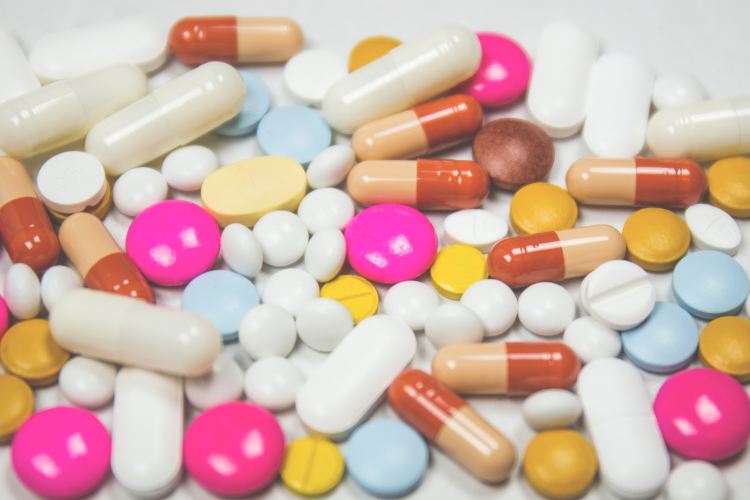What is inflammation?
Inflammation in itself is not a “bad” thing. Inflammation is how the body protects us from infection with foreign organisms, such as bacteria and viruses. The immune system response is the first step in the healing process. This involves the production of white blood cells, immune cells, and substances called cytokines that help fight infection.
White blood cells (leukocytes) of the lymphatic system (T lymphocytes) direct cells and also play an active role in the immune response. “Helper T cells” (Th) are one kind of T lymphocyte. Th cells develop into two types, Th1 and Th2.
- Th1 cells generate a pro-inflammatory response against intra-celluar parasites, bacteria and viruses. These cells kill infected cells, not pathogens directly. Th1 response suppresses Th2 cells.
- Th2 cells generate an anti-inflammatory response by producing antibodies that mark and destroy pathogens. Th2 responses suppresses Th1 cells.
Inflammation of the eye
Uveitis patients may have too much of this immune system response process going on in the eye (and potentially elsewhere in the body); the inflammation has become chronic and is no longer an acute response to an injury or invader.
Autoimmune and Autoinflammatory Disease
Autoimmune disease occurs in the adaptive immune system when a response against a self-antigen(s) involving T cells, B cells, or auto-antibodies induces injury systemically or against a particular organ or tissue. The immune response of the body no longer recognizes what is tolerable or not, self or non-self.
- A self antigen is a molecule or organism that acts like an invader (antigen) and triggers antibody production, but is considered tolerable by the body.
- An auto-antibody is one that that mistakenly targets and reacts with the body’s own tissues or organs.
Your body is fighting something — an infection, a toxin, an allergen, a food or the stress response — and somehow it redirects its hostile attack on your joints, your brain, your thyroid, your gut, your skin, or sometimes your whole body.
Dr. Mark Hayman. (Read the whole article here)
Autoinflammatory disease typically occurs when there is a genetic mutation in the innate immune system. In this case there is no pathogen, however the body is reacting as if one were present.
AUTOINFLAMMATORY VS. AUTOIMMUNE….WHAT’S THE DIFFERENCE?

See the Treatments page for medications used to stop or slow inflammation in the form of uveitis.
See The Healthy Vision page to read about more holistic steps to take to assist the body in quelling the inflammatory response.